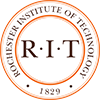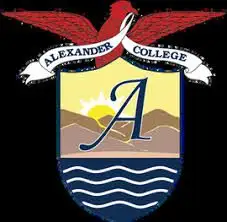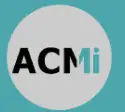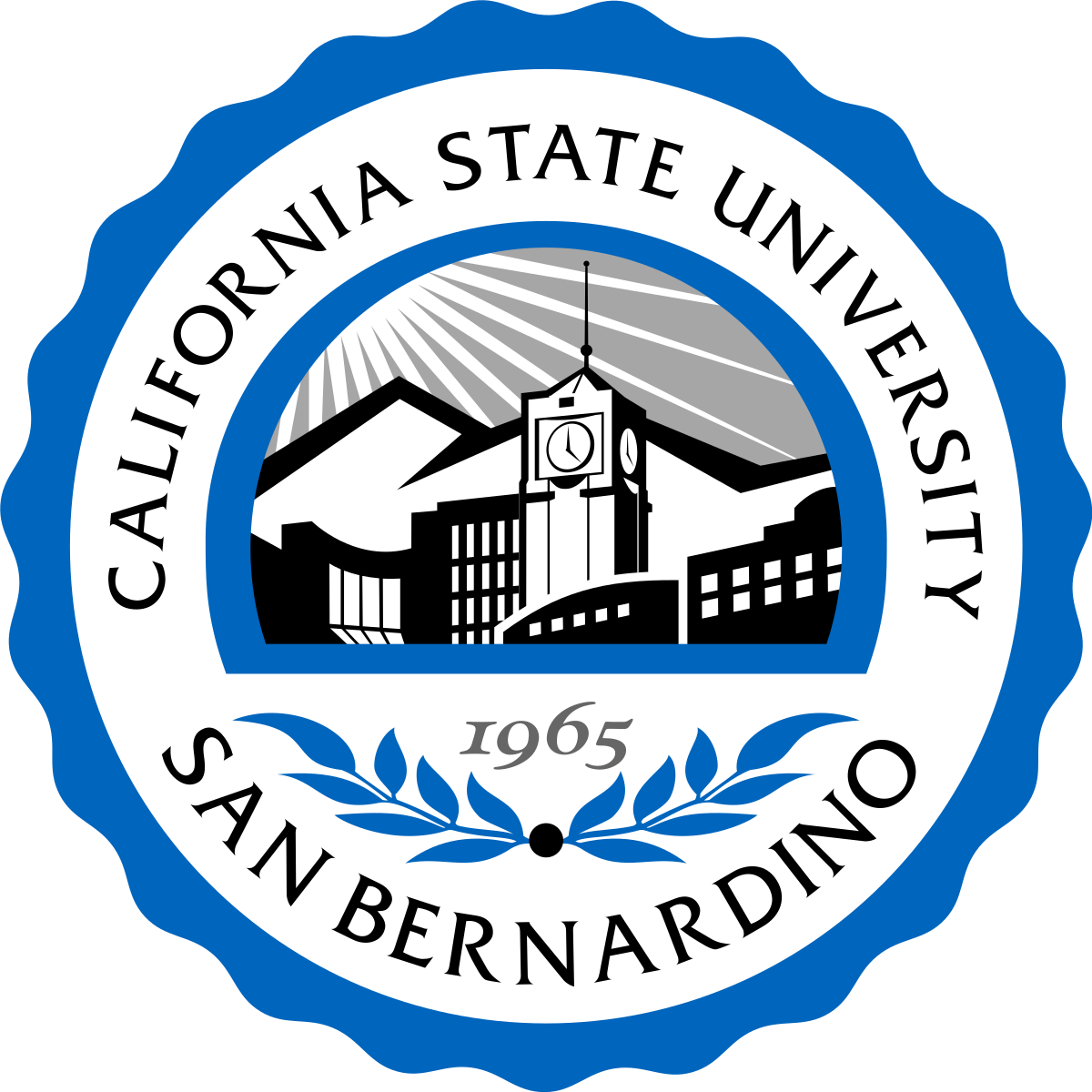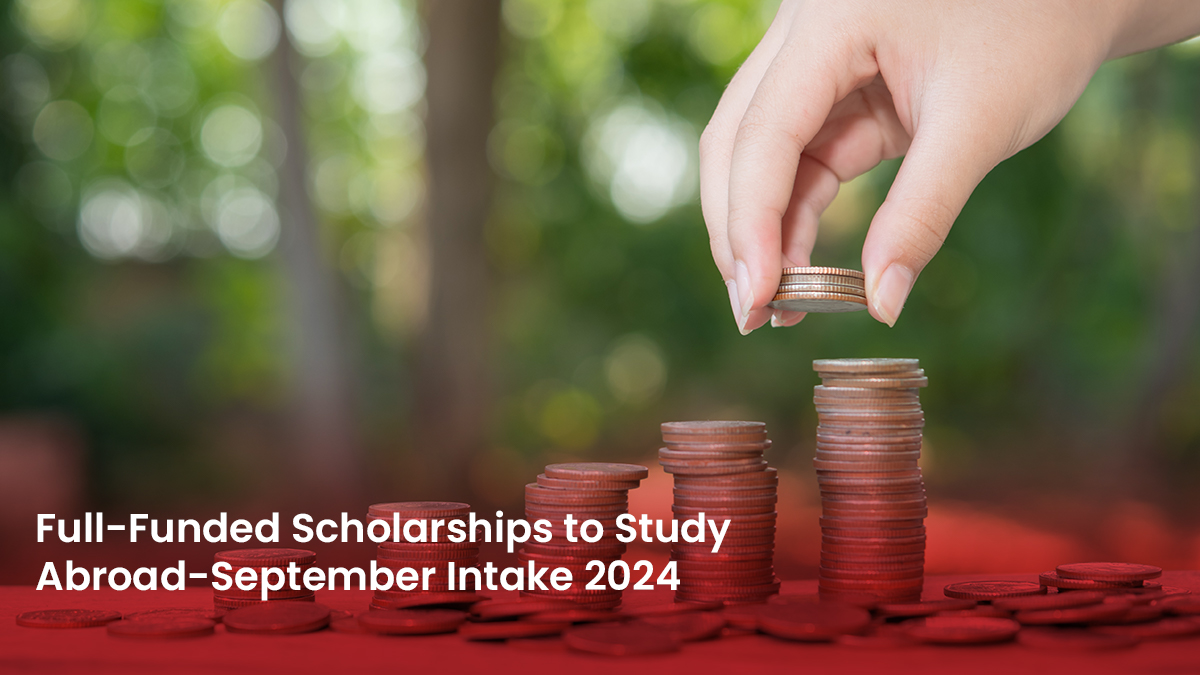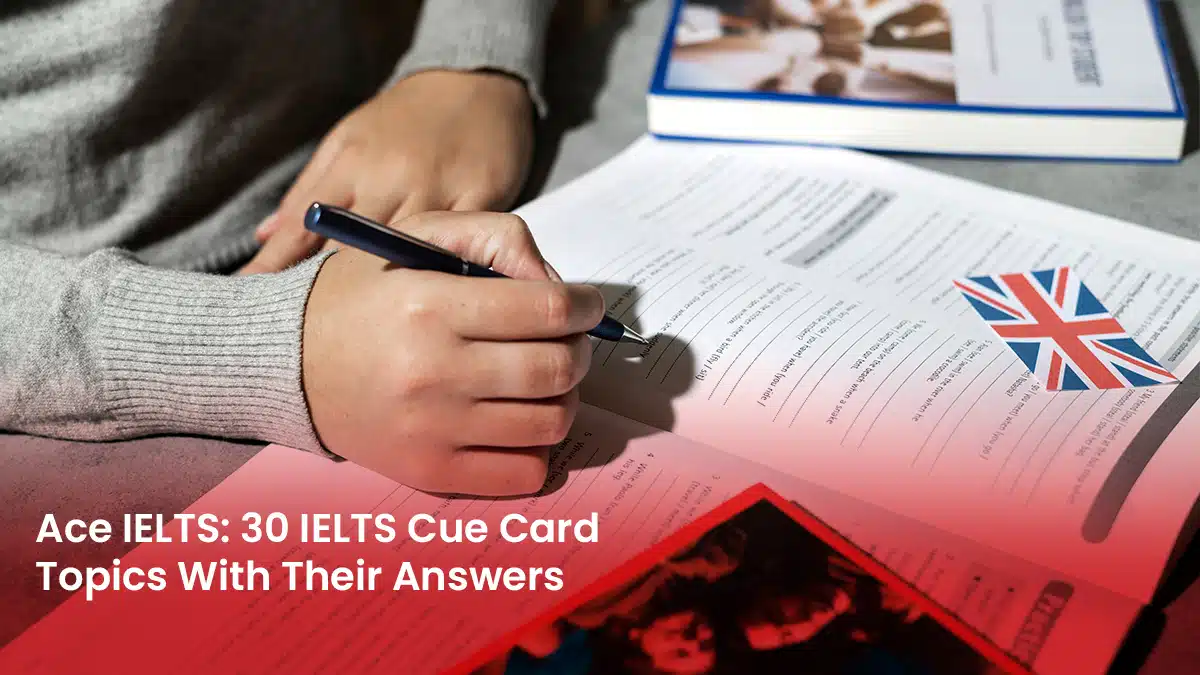Student loans are an integral part of the education sector. They enable financially challenged students to pursue their dreams of higher education. For many students, an education loan changes their and their family’s lives for the better. But what exactly is a student loan and how does it work?
Student Loans in a Nutshell
A student loan is essentially money lent to pay for education by the government or a private institution. The loan must be repaid in the future, along with the interest that accrues over time. Tuition, room and board, books, and other fees are normally covered by the funds.
Education loans are not the same as scholarships and grants because loans need to be repaid at all times. Scholarships and grants, on the other hand, are not subject to repayment. Work-study schemes, in which borrowers are paying to work on campus, are not the same as student loans.
How Can One Get a Student Loan?
To get a student loan, one must meet the qualifications or eligibility criteria and apply for a loan at a reputable lender, such as a bank or a government agency. The student or their family needs to present proof of their financial situation, along with supporting documents such as an admission letter stating the cost of tuition.
The lending institution will then calculate how much aid the student is qualified for. The institution will either send an award letter or a letter of denial. Whether or not the lender is a government agency or a private one, the student must sign a promissory note that the loan will be paid and that they understand the terms of the loan.
Kinds of Student Loans
Primarily, there are two kinds of student loans: government-aided and private student loans.
Government loans can be subdivided into direct subsidized and direct unsubsidized. The former lets the government pay the interest until a specific time when the student can start paying the loan back. In the latter, the government doesn’t cover the interest. Instead, interest builds up from the time the student starts attending school.
Private student loans are direct loans from private institutions like banks and other financial institutions. These can generally be more expensive and will have higher interest rates than government-funded loans.
Usually, students getting a private loan may need to start paying for the loan amount even as soon as they begin studying. It will all depend on the agreed terms and conditions of the loan. Lastly, all interests will be shouldered by the student and their family.
How Does Student Loan Interest Work?
Because of the way interest operates on a loan, you’ll end up paying out more than you borrowed. It’s a way for lenders to earn their money and continue providing more loans for more students.
There are some important terms you’ll need to know to get a better understanding of loan interest rates:
- Interest Rate
The amount of interest you’ll be paying on the loan. These rates vary from lender to lender. Government loan interest rates are often lower than their private counterparts and are usually fixed, meaning the interest rate stays the same amount every year.
On the other hand, private loans have higher interest rates but can be quite flexible. They are typically based on the student’s or their family’s credit rating. Essentially, you will want a low-interest rate on your loans. The typical interest rates can range from 4.53–6.08%.
- Loan Repayment Term
The amount of time for a student to pay for the loan amount including the interest. Again, this can vary from lender to lender. Government loans tend to have longer repayment terms than private ones, but that’s not always the case. - Principal
The base amount you owe the lender for the loan, not including interest.
To understand how interest rates work, let’s do the math. Say your principal is $10,000 with an interest rate of 5% and a loan repayment time of 5 years, your monthly payment should be around $208. After five years, you would have paid $12,500 and the total interest you’ve accrued is $2,500.
The overall goal of getting a loan is to help finance the education of students who wish to pursue their studies despite experiencing financial difficulties.
The key to getting a good student loan is to make sure you get it from a reputable institution that will not take advantage of the situation. It’s also vital to read the terms and conditions of a loan—including the fine print!—before signing up for anything. When in doubt, consult your family or your education agent so you can decide on the best financing option for your studies.
MSM Unify strives to help you get the information you need for your studies abroad. Check out our other articles to know more about education loans, scholarships, and other helpful information for international students.














